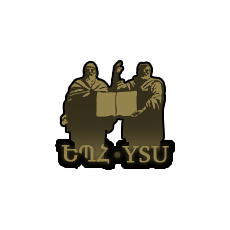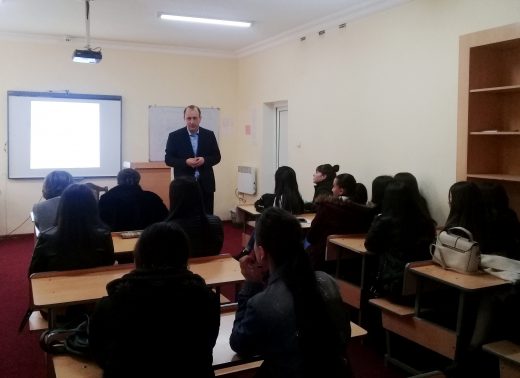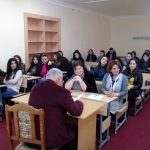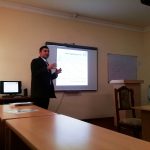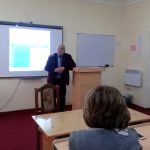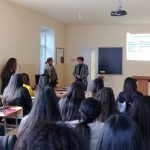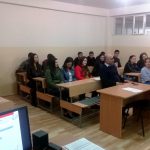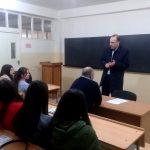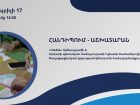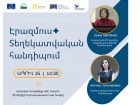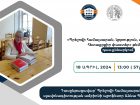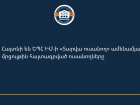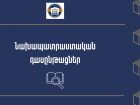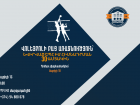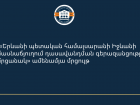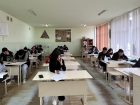On March 19-26th, 2019, YSUIB Professional Education Quality Assurance Department conducted discussions with students on residual knowledge testing results.
In February, residual knowledge testing was conducted among 10 I-III courses of about 9 specialties in three departments (Faculty of Natural Sciences, Faculty of Humanities and Faculty of Economics). This was the first experiment in the residual knowledge testing at YSUIB and the departments were approaching quite seriously to the content of issues included in the testing options. The testing aimed to highlight the effectiveness of the educational process, to identify students’ achievements, and to assess the level of basic knowledge, skills and abilities required for their further professional activities. Residual knowledge, by the way, is the minimum resource that a student must accumulate on the basis of the current requirements of the curriculum and his/her capabilities.
The results of the residual knowledge testing were collected, discussed and analyzed by YSUIB Professional Education Quality Assurance Department. The results, during the analysis were compared with the module or the average grade of the course and the student’s average grade point, that made it possible for each student to find out the dynamics of his/her achievements.
After analyzing these findings and summarizing the courses, the Department of Professional Education Quality Assurance has organized discussions with students on residual knowledge testing in March.
The meeting-discussions were attended by Acting Director of the Branch A. V. Tsutsulyan, deans of the faculties, heads of departments, educational program managers and lecturers. The meetings were held with separate faculties. The meetings aimed to discuss the results with the students, to hear their opinions on the form, timing, content and overall importance of the testing.
Students’ observations were also interesting referring to the content of the versions, the questions and issues involved. For example, students of the Faculty of Economics suggested including several topics in the tests, and only general and exhaustive questions without specific formulas and detailed data.
There were numerous suggestions on the date of residual knowledge testing. Students suggested conducting residual knowledge testing at the 2nd or 3rd year course or within 1-2 months after completing the module.
Students got acquainted with German psychologist Hermann Ebbinghaus’s “forgetting curve”, who obtained this experimental study of human memory in 1885. The students got acquainted with the curve and its conclusion, that in order to effectively remember it was necessary to repeat the material. The meetings were quite interesting and meaningful, and the students’ active participation was impressive, and they were encouraging to express their views. It is noteworthy that carrying out residual knowledge testing, in the opinion of the students, is important and should be continuous. At the end of the meetings, the staff of Professional Education Quality Assurance Department suggested Deans, Heads of Departments and Educational Program managers to meet with students and lecturers and present their proposals on how to organize residual knowledge testing, training, its timing, evaluation and content options.




